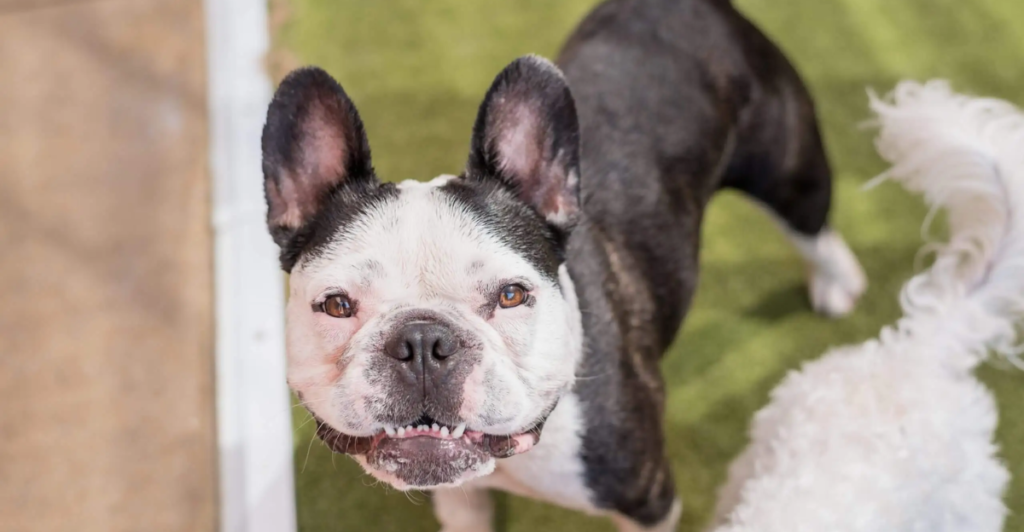
Dogs have been the best companions for thousands of years, but with such a long history of selective breeding, we’ve dramatically changed them, and not always for the better. Here are some of the ways that we’ve ruined some breeds.
Consequences Of Selective Breeding
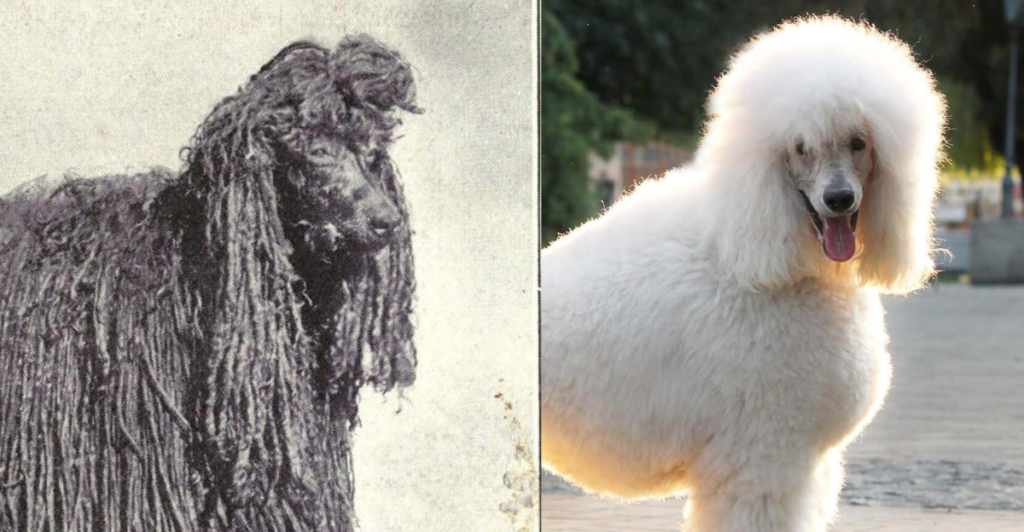
Understanding the consequences of selective breeding is vital for potential dog owners. Choosing mixed-breed dogs or supporting ethical breeders who prioritize health can help mitigate these issues and promote better welfare for all dogs.
Interbreeding
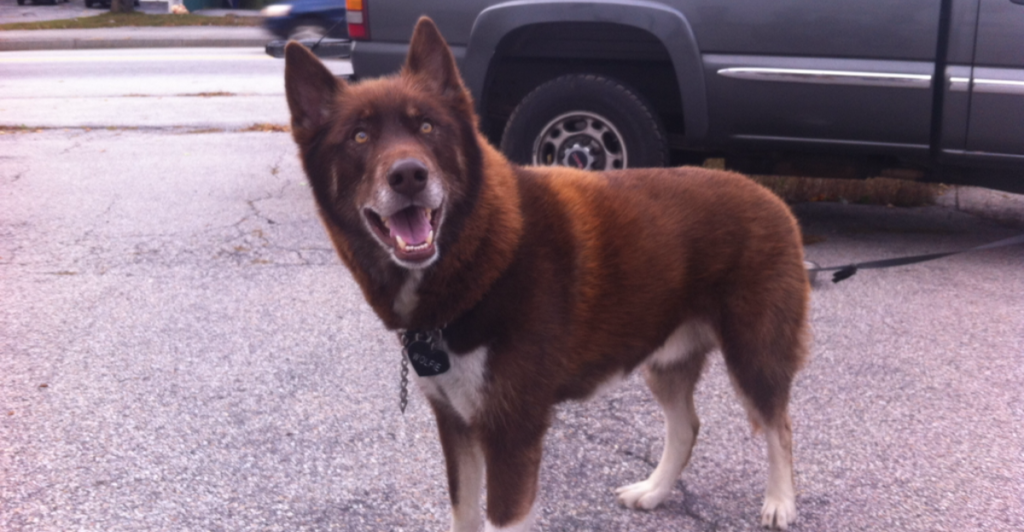
Inbreeding is common in purebred dogs, where closely related individuals are bred together. This practice increases the likelihood of recessive genetic disorders, leading to serious health problems like hip dysplasia and heart defects.
Respiratory Issues in Brachycephalic Breeds
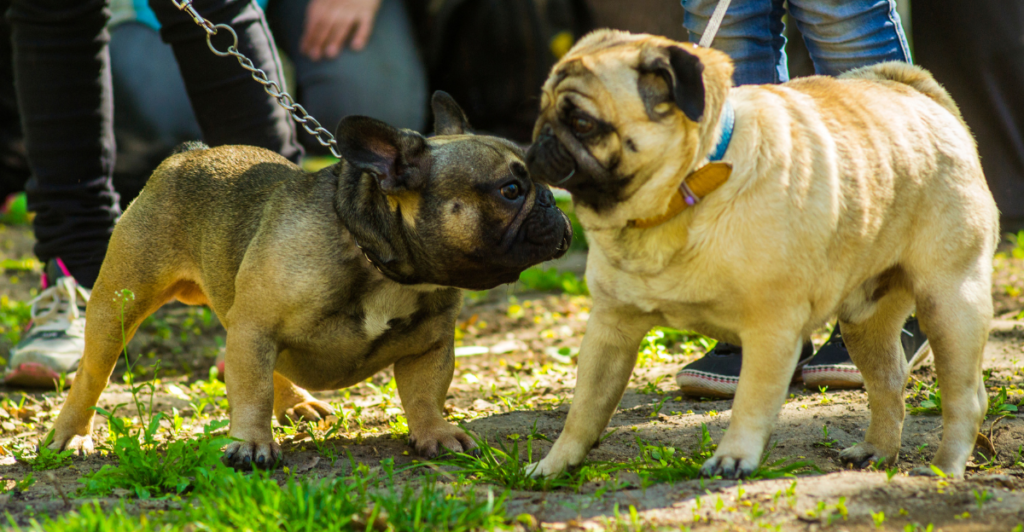
Breeds like Bulldogs and Pugs have been selectively bred for their short snouts, which can cause severe respiratory issues. These dogs often suffer from brachycephalic obstructive airway syndrome, making it difficult for them to breathe normally.
Eye Problems Linked to Selective Breeding
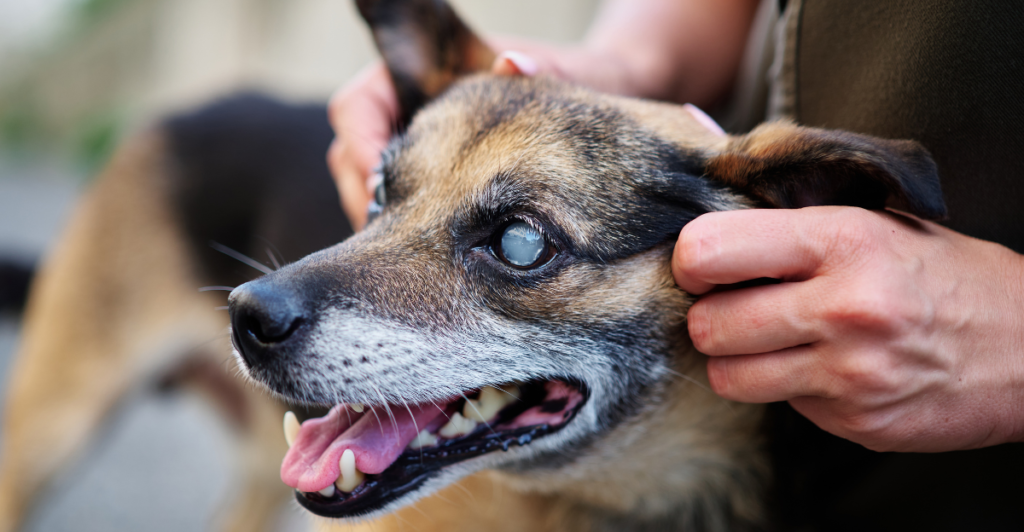
Many breeds face significant eye health issues due to selective breeding. Conditions such as progressive retinal atrophy (PRA) and entropion are common, leading to pain and potential blindness.
Skin Conditions in Wrinkled Breeds
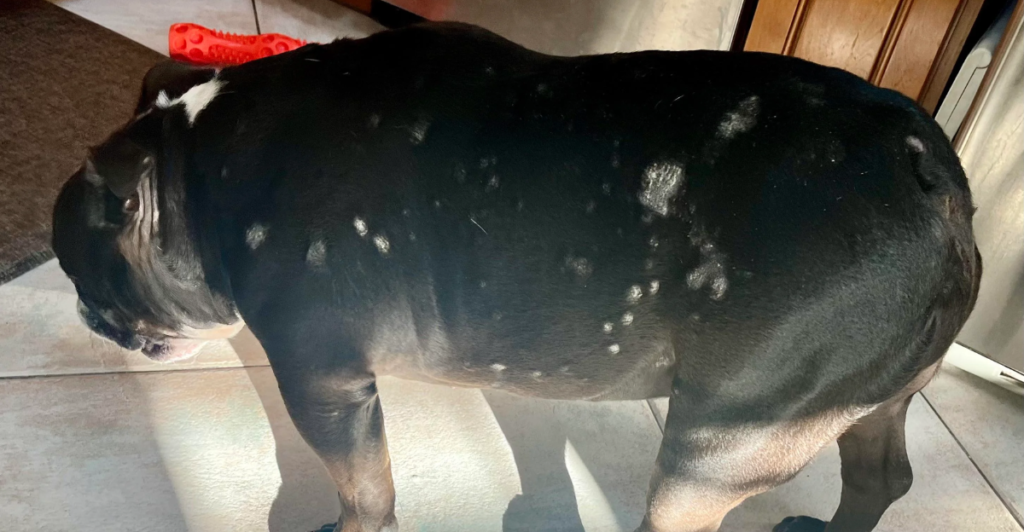
Dogs with prominent wrinkles, like the Shar-Pei and Bulldog, are prone to severe skin infections and irritations. The folds can trap moisture and dirt, leading to chronic skin problems that require ongoing care.
Joint Problems in Large Breeds
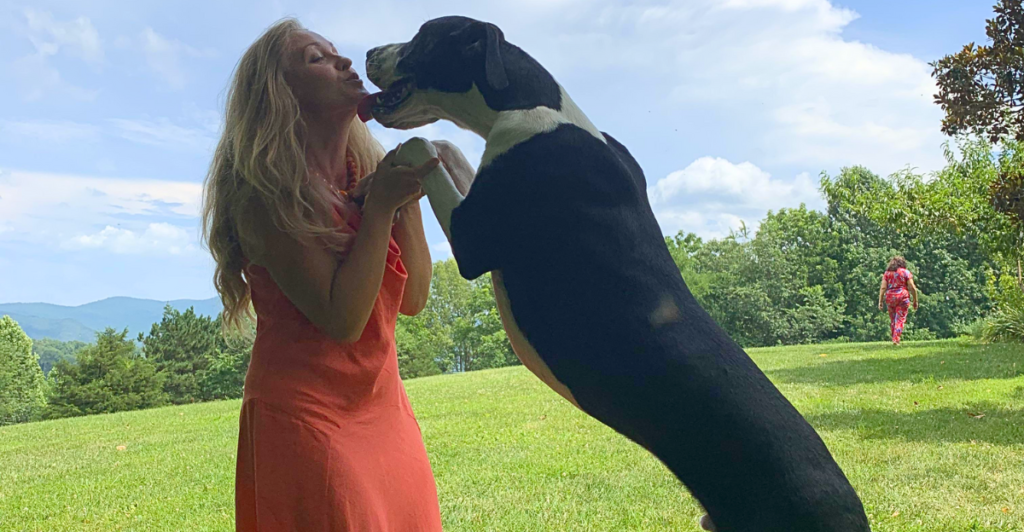
Selective breeding for size in breeds like Great Danes and St. Bernards often results in joint issues. Conditions such as hip dysplasia are prevalent, causing pain and mobility challenges as these dogs age.
Behavioral Issues from Selective Traits

Certain breeds have been selected for specific behaviors, which can lead to anxiety or aggression. For example, breeds like the Border Collie may develop obsessive behaviors due to their high energy and intelligence being improperly channeled.
Reduced Lifespan
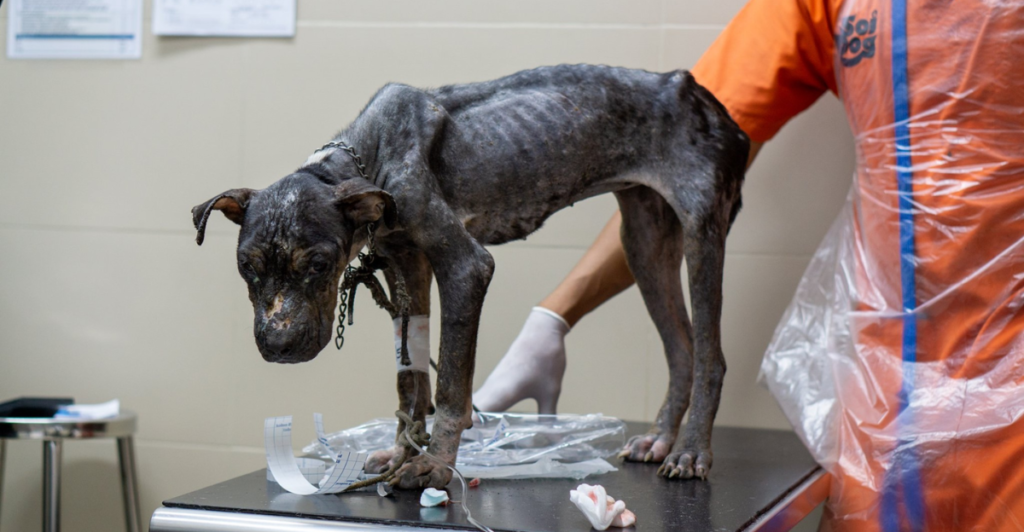
Many purebred dogs have shorter lifespans compared to mixed breeds. This reduction is often due to the accumulation of genetic disorders that arise from selective breeding practices focused on physical appearance rather than health.
Overpopulation of Unwanted Dogs
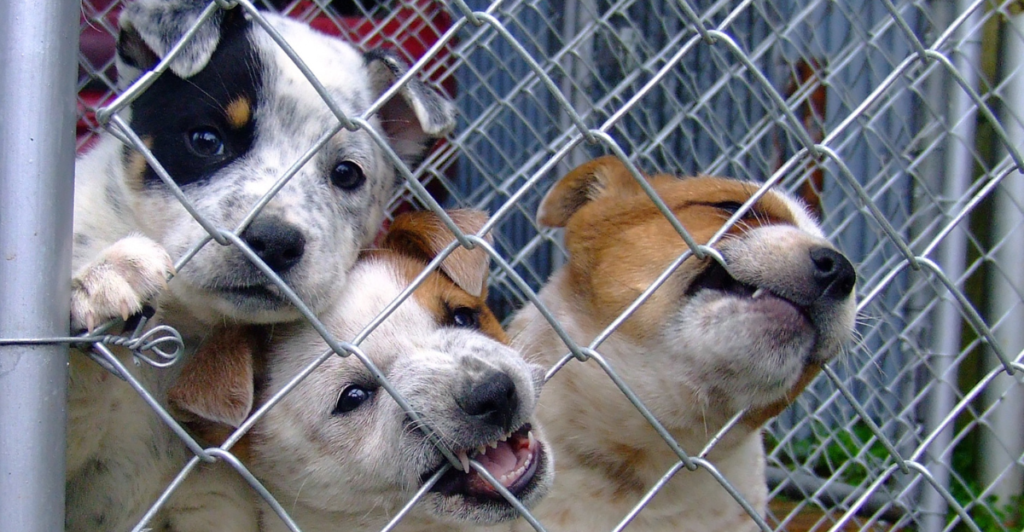
The demand for specific breeds has led to overbreeding and a surplus of unwanted dogs. Many purebred dogs end up in shelters when they do not meet the desired standards, or owners cannot manage their health issues.
Ethical Concerns

The prioritization of aesthetics over health raises ethical concerns about dog breeding practices. Many breeders focus on producing “perfect” appearances without considering the animals’ long-term welfare.
Commercial Breeding Practices

Commercial breeding often neglects dogs’ health in favor of profit. Poor living conditions and lack of proper care can lead to physical and psychological issues in these animals.
Genetic Diversity
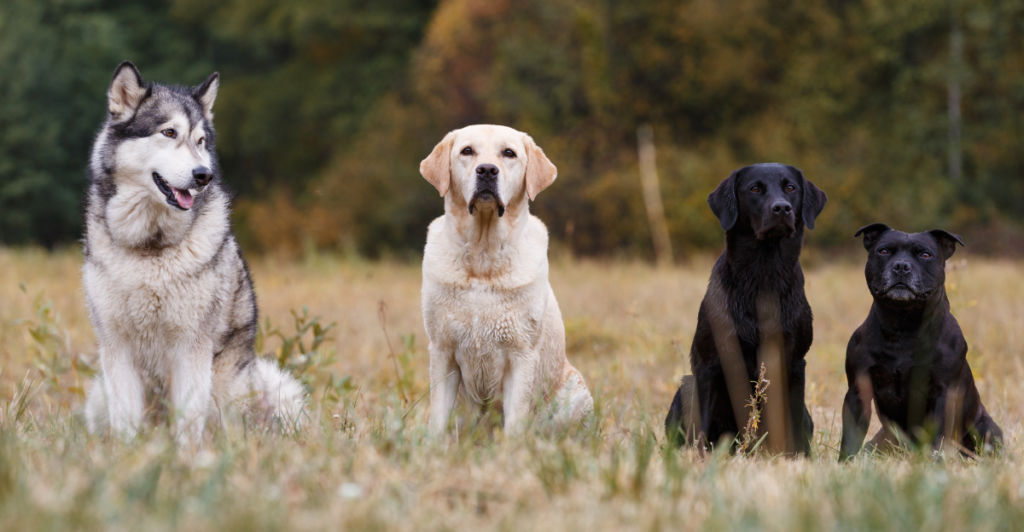
Maintaining genetic diversity is crucial for the health of dog breeds. A limited gene pool increases the risk of hereditary diseases, making it essential for breeders to introduce new genetics into their lines.
Discover more of our trending stories and follow us to keep them appearing in your feed
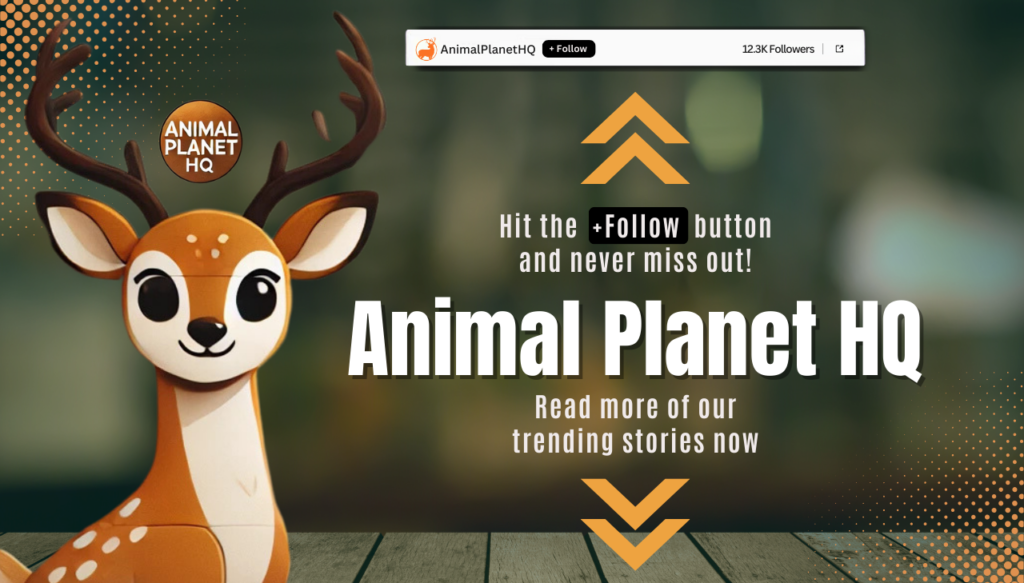
13 Chinese Dogs Engineered To Overperform
13 Dog Breeds That Will Defend Humans No Matter What
The Top 11 Most Expensive Dog Breeds To Maintain
The 11 Most Popular Dog Names of 2024
Stay connected with us for more stories like this! Follow us to get the latest updates or hit the Follow button at the top of this article, and let us know what you think by leaving your feedback below. We’d love to hear from you!







